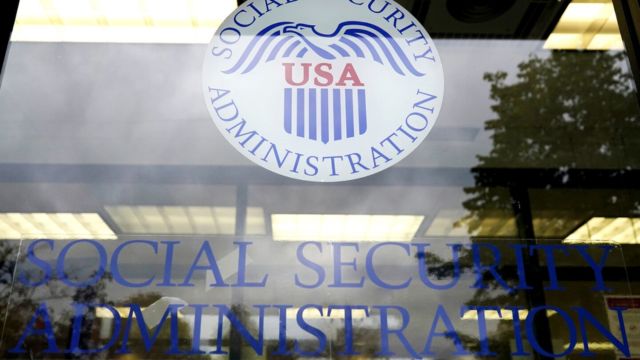Washington, D.C. – On Wednesday, the Senate is set to vote on the Social Security Fairness Act, a proposal aimed at increasing Social Security benefits for individuals eligible for non-Social Security government pensions. Having passed the House of Representatives with bipartisan support, the legislation faces a crucial test as it moves closer to becoming law.
Despite its broad approval in the House, the bill has stirred significant controversy among Senate Republicans. Concerns over the $200 billion cost of the proposal have divided the party, with some members advocating for offsetting measures like raising the retirement age to ensure the long-term solvency of Social Security.
Opposition From Key Republican Senators
Sen. Rand Paul (R-Ky.), leading a group of conservative senators, criticized the bill for its financial implications, stating that it would hasten the projected bankruptcy of Social Security by approximately one year. “If you’re going to add to its mandate by expanding it, you should pay for it,” Paul argued, proposing a gradual increase in the retirement age to 70, linked to longevity, as a solution.
Paul also expressed concerns over the legislative process, pointing out that the bill bypassed a markup by the Senate Finance Committee, a step he deemed essential for proper evaluation.

Sen. Mike Lee (R-Utah) echoed these concerns, describing the bill as a “massive bomb” that would create a significant shortfall in the Social Security trust fund. “We need to address inequities, but not at the cost of blowing a $200 billion hole in the fund without a clear plan to fix it,” Lee stated.
Similarly, Sen. Ron Johnson (R-Wis.) called the bill “grotesquely irresponsible,” arguing that it provides benefits to individuals unaffected by the Government Pension Offset and Windfall Elimination Provision, which the legislation seeks to address.
GOP’s Internal Divide
The divide within the Republican Party has been further complicated by fears of alienating senior voters, a key demographic. While some conservatives push for reforms like raising the retirement age, others, including prominent party figures, have been hesitant to endorse such measures.
Senate Republican Whip John Thune (S.D.) acknowledged the tensions within the party, emphasizing the need for a balanced approach. “I’m concerned about the long-term solvency of Social Security, and that’s an issue we need to address,” Thune remarked.
Potential Impact on Government Funding
The bill’s contentious nature has raised concerns about delaying other critical legislative actions. Should the debate drag on, it could impede the Senate’s ability to pass a stopgap funding bill by Friday’s deadline, potentially triggering a government shutdown.
Despite the Congressional Budget Office’s assessment that the bill would only accelerate the Social Security shortfall by six months, opposition remains fierce. With the final vote imminent, the Social Security Fairness Act has become a flashpoint for broader debates about fiscal responsibility and the future of entitlement programs.
As lawmakers prepare to cast their votes, the outcome will signal the Senate’s stance on balancing equity in Social Security with the program’s long-term viability.

